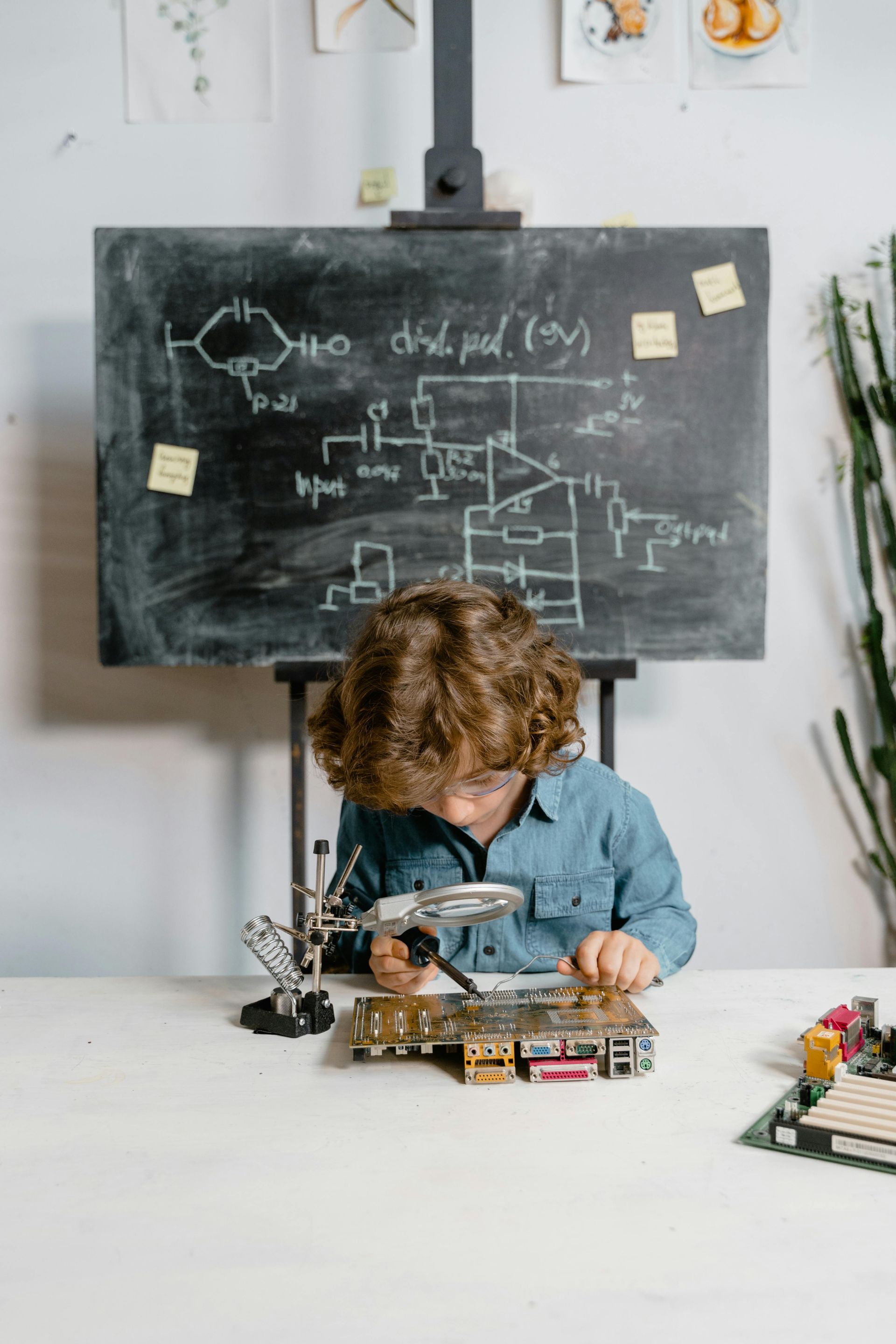
In the current education system, children are often encouraged to follow prescribed paths, memorising information rather than learning how to think critically and independently. Schools tend to prioritise conformity over fostering independent thought, rewarding those who adhere to a set of rigid standards while leaving little room for creativity and exploration. From an early age, students are trained to focus on passing exams, absorbing information in order to perform well, but seldom are they encouraged to question, challenge, or explore the broader implications of what they’re learning. This approach may yield results in the short term, but it risks stifling their ability to develop as free-thinking individuals, capable of analysing, questioning, and problem-solving.
Children who are educated at home, on the other hand, are often exposed to a different kind of learning environment, one that prioritises inquiry over rote learning. In a home education setting, the learning process is often more fluid, allowing children to pursue their interests and passions, developing a natural curiosity about the world. Rather than being confined to standardised textbooks and rigid lesson plans, home education fosters an environment where children are encouraged to ask questions, explore answers, and engage with subjects on a deeper level.
The ability to think critically and independently is an essential skill in today’s rapidly changing world. With the advent of new technology and constant access to information, it is crucial that children learn how to sift through vast amounts of data, form their own opinions, and make informed decisions. Yet, traditional schools often fail to cultivate these skills, adhering instead to a model that emphasises compliance and uniformity.
Home education offers the flexibility to focus on real-world learning and to incorporate life skills and critical thinking into everyday lessons. When children are encouraged to think for themselves, they become more adept at problem-solving and are better equipped to face the challenges of the future. By allowing space for independent thought, home education nurtures children’s natural curiosity and helps them grow into autonomous thinkers capable of innovation and leadership.
In a world that increasingly requires individuals who can think creatively and critically, it is time to reconsider how we educate our children. Rather than moulding them to fit into an outdated system, we should be empowering them to think for themselves, question the world around them, and develop the skills needed to navigate an ever-evolving landscape. Home education provides an ideal platform for this transformation, fostering independence, creativity, and a genuine love for learning.


